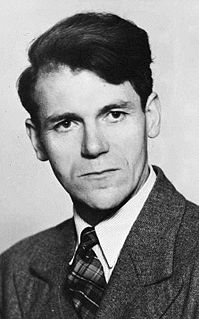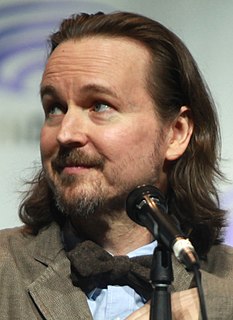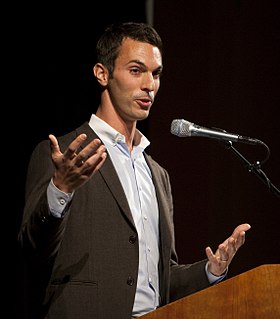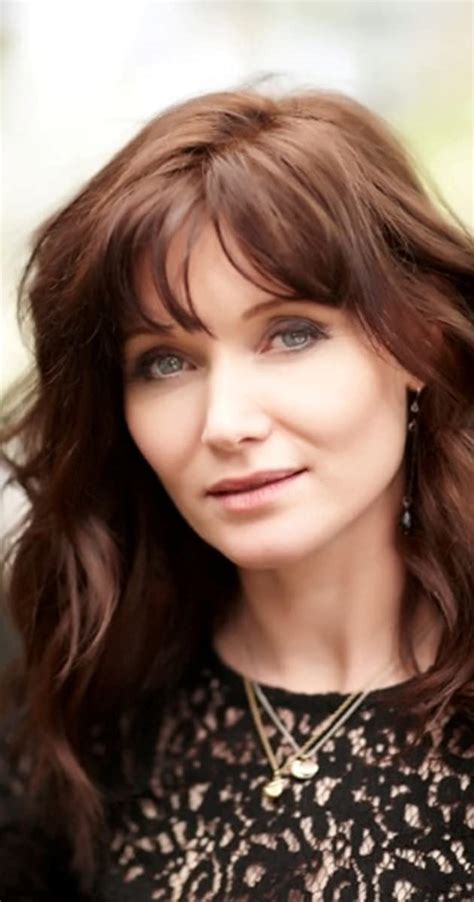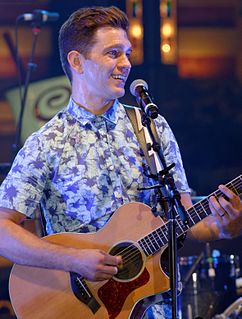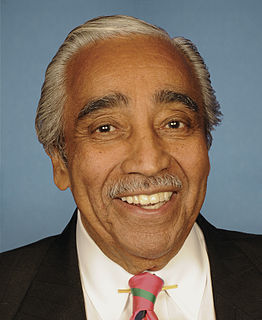A Quote by Celine Sciamma
I wanted the ending of 'Water Lilies' to be open, so that everyone can have their point of view about what will happen to the girls.
Related Quotes
When you use the language of 'fact checking' to talk about a film, I think you're sort of fundamentally misunderstanding how art works. You don't fact check Monet's 'Water Lilies.' That's not what water lilies look like; that's what the sensation of experiencing water lilies feel like. That's the goal of the piece.
It is that dream we carry that something miraculous will happen that it must happen - that time will open that the heart will open that doors will open and that the rock face will open that springs will gush forth - that the dream will open and that one morning we'll glide in to a harbour we didn't know was there.
The Divine Comedy is a political poem and when you say poetry is not about - he's always quoted out of context, that "poetry makes nothing happen," that doesn't mean you shrug your shoulders and don't try to make anything happen. And Dante felt that poetry was engaged, there was a point of view; it's not my point of view, it's orthodox medieval Christianity, and I have my troubles with that. He didn't feel that you could just rule out so important a section of life - we care about these things, and it's out of caring about them that we write poetry.
What I thought was so great about Rise [of the Planet of the Apes ] was that it wasn't a retelling; it was an entering of the universe at a different point. So it's Planet of the Apes. We already know the ending. There's no mystery in that! It becomes Planet of the Apes. So it's not about what is at the end; it's about how did we get there? And that enabled something that was totally fresh, which was an ape-point-of-view movie.
Everybody you work with sees what you're doing from a different point of view, a very specific point of view. So, if someone is lighting, they're seeing it from that point of view. A production designer is seeing it from the placement of furniture that tells you about the character. Everything that goes into the room should tell you about the person who lives in that room.
[T]he more clamour we make about 'the women's point of view', the more we rub it into people that the women's point of view is different, and frankly I do not think it is -- at least in my job. The line I always want to take is, that there is the 'point of view' of the reasonably enlightened human brain, and that this is the aspect of the matter which I am best fitted to uphold.



